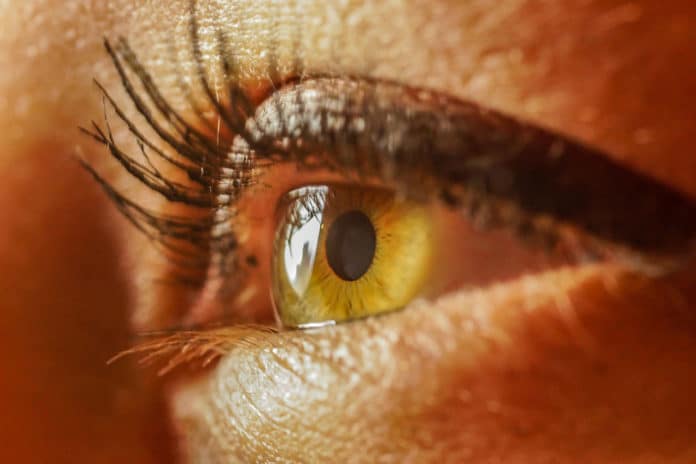Various studies have highlighted the risks for poor cardiovascular health, obesity, and cancer-associated with junk food. A new study by the University of Bristol recently found that poor nutrition can also permanently damage the nervous system, particularly vision.
Clinician scientists from Bristol Medical School and the Bristol Eye Hospital inspected the case of a young patient who visited his GP complaining of tiredness. The connection between his nutritional status and vision was not considered until much later, and by then, his visual impairment had turned out to be permanent.
Besides being a ‘fussy eater,’ the patient had healthy BMI and height and no apparent indications of malnutrition and took no meds. Initial tests indicated macrocytic anemia deficiency and low vitamin B12 levels, which were treated with vitamin B12 infusions and dietary guidance. When the patient visited the GP a year later, hearing loss and vision symptoms had developed, yet no reason was found.
By age 17, the patient’s vision had progressively worsened, to the point of blindness. Further investigation found the patient had a vitamin B12 deficiency, low copper and selenium levels, a high zinc level, and markedly reduced vitamin D level and bone mineral density. Since starting secondary school, the patient had consumed a limited diet of chips, crisps, white bread, and some processed pork. By the time the patient’s condition was diagnosed, the patient had permanently impaired vision.
From the case, scientists claimed that limited intake of nutritional vitamins and minerals resulted in the onset of nutritional optic neuropathy. Scientists also showed concern- suggesting that the condition could become more prevalent in the future, given the widespread consumption of ‘junk food’ at the expense of more nutritious options.
Dr. Denize Atan, the study’s lead author and Consultant Senior Lecturer in Ophthalmology at Bristol Medical School and Clinical Lead for Neuro-ophthalmology at Bristol Eye Hospital, said: “Our vision has such an impact on the quality of life, education, employment, social interactions, and mental health. This case highlights the impact of diet on visual and physical health, and the fact that calorie intake and BMI are not reliable indicators of nutritional status.”
The case report published today [2 Sep 2019] in Annals of Internal Medicine.
